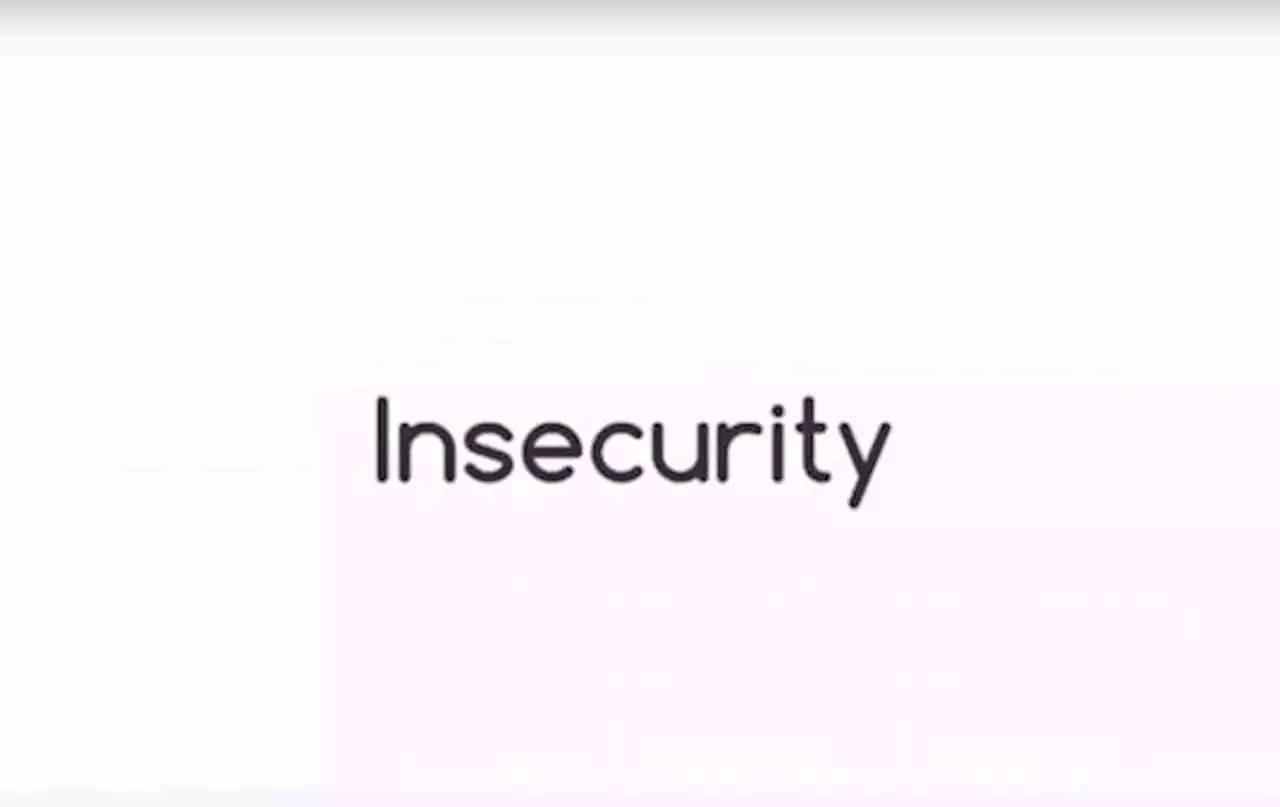Weak financial regulations hindering Nigeria’s fight against insecurity – experts
Weak financial regulations and inefficiency in implementing anti-graft laws is fueling terrorism activities across the country, according to anti-corruption stakeholders. The experts raised the concerns at a post-intervention roundtable on reporting of Suspicious Transactions and Suspicious Activities by Designated Non-Financial Businesses and Professions organised by the International Institute for Democracy and Electoral Assistance (IIDEA) supported […]

Weak financial regulations and inefficiency in implementing anti-graft laws is fueling terrorism activities across the country, according to anti-corruption stakeholders.
The experts raised the concerns at a post-intervention roundtable on reporting of Suspicious Transactions and Suspicious Activities by Designated Non-Financial Businesses and Professions organised by the International Institute for Democracy and Electoral Assistance (IIDEA) supported by Rule of Law and Anti-Corruption (RoLAC) and Nigeria Financial Intelligence Unit (NFIU) in Abuja.
They stressed the need for a unified database and stricter regulations of designated non-financial businesses and professions, including Bureau de Change operators.
According to them, improving reporting and documentation, especially the activities of designated non-financial institutions and businesses would help strengthen Nigeria’s weak financial regulations and track terrorism sponsors.
- Kaduna seals off 6 UBA branches over ‘N14m tax’
- How a Content Marketing Agency Can Transform Your Business
Head of Development Partnerships Projects, NFIU, Faisal Dikko, insisted that until there is a database accessible by all parties involved in tracking illicit financial flows, the challenge of inefficiency remains.
According to him, all hands must be on deck to show effectiveness in matters relating to Anti-Money Laundering and Counter-Terrorist Financing (AML/CFT).
He said: “It will be a major hindrance. It is going to be a challenge any which way, because at the end of the day, when it comes to AML CFT matters, you have to show effectiveness. And this is where we find ourselves with a little bit of challenge.
“Now we have, I would probably say, some of the best legislation in the world regarding AML CFT. Only recently we amended a number of our Anti-Money Laundering and CFT acts, the MLPPA for example, prohibiting money laundering, we’ve made very laudable steps in that direction, but obviously there is still some way to go in that direction. But the NFIU is playing a very important role in terms of collaboration. So we are cooperating with all stakeholders to ensure that we cross this huddle.
“What we intend to do going forward, we intend to have an accessible database that will be accessed real time so that these law enforcement agencies like the NDLEA can have accurate and timely access to beneficial ownership information. That way it will ensure that they have speedy investigations and prosecutions for their case.
“And that way also it means that those criminals who hide behind these entities will now be aware that the law is catching up with them and that they will have to submit resource requirements to the CAC. And this will ensure that we have a more formidable AML CFT regime. So we are working on that. And hopefully, apart from only the CAC, we also have the Federal Inland Revenue Service (FIRS) who has a registered beneficial ownership register. We also have the Nigeria Extractive Industries Transparency Initiative (NEITI) who also have a beneficial ownership register for oil and gas and extractive industries.
“So we are getting there little by little and hopefully we will be there anytime soon to ensure that we have complete coverage in terms of beneficial ownership information.”
On terrorism financing and insecurity in Nigeria, Emmanuel Uche, Anti-corruption Programme Manager at International IDEA, disclosed that the evaluation carried out on Nigeria revealed that the nation’s challenges, including kidnapping, terrorism, insecurity keep growing due to weak financial regulation system in place.
He added that a sore point in the weak financial regulation system is the activity of the BDC operator.
